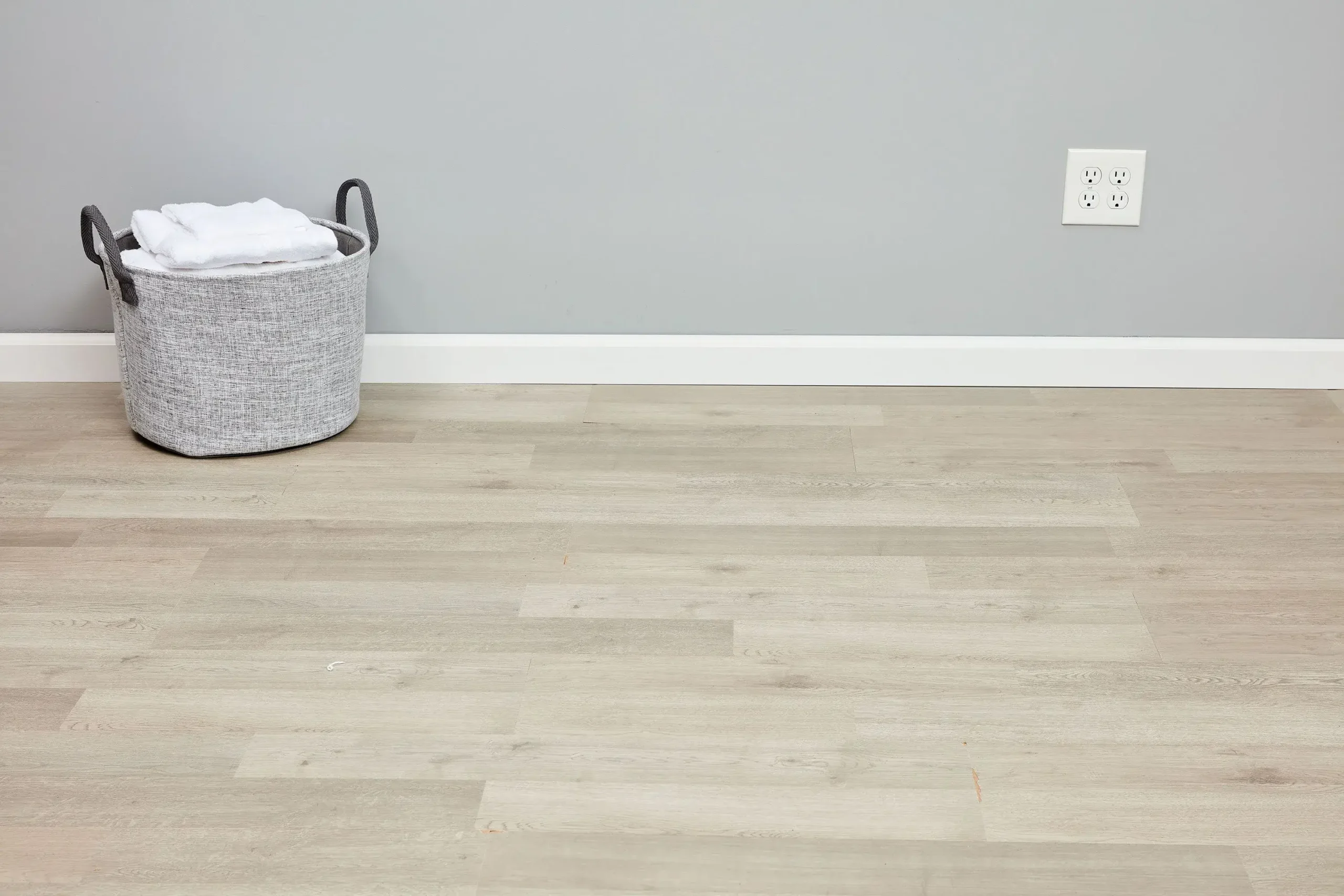If you are looking for a wood floor that can withstand the wear and tear of everyday use, you might be wondering which type of wood is the most scratch resistant. Scratches can ruin the appearance and value of your flooring, so it’s important to choose a material that can resist them.
In this article, we will answer your question by comparing three common types of wood flooring: hardwood, laminate, and engineered hardwood. We will look at their hardness, durability, and finish options to help you decide which one is the best for your home.
Hardwood
Hardwood is one of the most popular and classic choices for wood flooring. It comes in a variety of species, colors, and grains to suit any style and preference. Hardwood floors are also known for their natural beauty and warmth.
However, hardwood floors are not all created equal when it comes to scratch resistance. The hardness of the wood affects how well it can resist scratches from sharp objects or heavy furniture. The harder the wood, the more resistant it is to scratches.
According to the Janka scale1, which measures how much force is needed to push a steel ball into a piece of wood at half its diameter, some of the hardest woods include Brazilian walnut (2,900), ipe (2,800), teak (2,200), mesquite (2,100), and hard maple (1,900). These woods are ideal for high-traffic areas or areas where pets or children play.
However, even these hard woods can get scratched if they are not properly maintained or protected. A good way to prevent scratches on hardwood floors is to apply a factory-applied finish that creates a protective layer over the wood surface. This can help reduce the visibility of scratches and extend the life of your floor.
Some examples of finishes that are designed to resist scratches are polyurethane2, oil-based3, water-based4, or wax-based5. Each finish has its own advantages and disadvantages in terms of durability, maintenance, appearance, and cost. You should choose a finish that matches your budget and lifestyle.
Laminate
Laminate is another popular option for wood flooring. It consists of thin layers of real wood veneer attached to a durable plastic base. Laminate floors look like natural hardwood but are much cheaper and easier to install than solid hardwood floors.
Laminate floors are also very scratch resistant because they have a smooth surface that does not have any sharp edges or grooves that can catch on objects or furniture. Laminate floors also have a protective layer over them that prevents scratches from showing through.
However, laminate floors are not completely scratch proof. They can still get scratched by sharp objects such as knives or scissors if they come in contact with them directly. They can also get scratched by heavy furniture such as rugs or sofas if they drag across them repeatedly.
To prevent scratches on laminate floors, you should avoid placing sharp objects near them or dragging heavy furniture over them too often. You should also clean your laminate floors regularly with a soft cloth or mop to remove dust and dirt that can accumulate on them.
Engineered Hardwood
Engineered hardwood is a type of laminate flooring that uses real wood as its core layer but has multiple layers on top of it for extra strength and stability. Engineered hardwood floors look like solid hardwood but have more advantages than laminate floors.
One of the main advantages of engineered hardwood is its higher scratch resistance than laminate floors. Engineered hardwood has more layers than laminate floors which means it has more protection from scratches from any direction. Engineered hardwood also has better sound absorption than laminate floors which means it reduces noise from footsteps or music playing in your home.
Another advantage of engineered hardwood is its lower cost than solid hardwood floors but higher quality than laminate floors. Engineered hardwood costs less than solid hardwood because it uses less material but still offers similar performance and durability as solid hardwood. Engineered hardwood costs more than laminate because it uses real wood but still offers better value for money than laminate.
To maintain engineered hardwood floors like solid hardwood floors you should apply a factory-applied finish that creates a protective layer over them like we mentioned earlier for solid hardwood floors . You should also clean your engineered hardwood floors regularly with a soft cloth or mop like we mentioned earlier for both types of flooring .
Conclusion
In conclusion , there is no definitive answer to which type of wood floor is most scratch resistant . It depends on several factors such as the hardness , durability , finish , usage , and preference . However , based on our comparison , we would recommend engineered hardwood as one of the best options for scratch resistance . Engineered hardwood offers higher scratch resistance than laminate due to its multiple layers , better sound absorption , lower cost , higher quality , proper maintenance , regular cleaning . Of course , you should also consider other aspects such as style , color , grain , installation , warranty before making your final decision .
We hope this article has helped you find the best wood floor for your home. Remember, scratch resistance is not the only factor to consider when choosing a wood floor. You should also think about your style, budget, installation, and maintenance preferences. No matter what type of wood floor you choose, you can always protect it from scratches by using rugs, mats, furniture pads, and regular cleaning. With proper care and attention, your wood floor can last for years and add value and beauty to your home.

